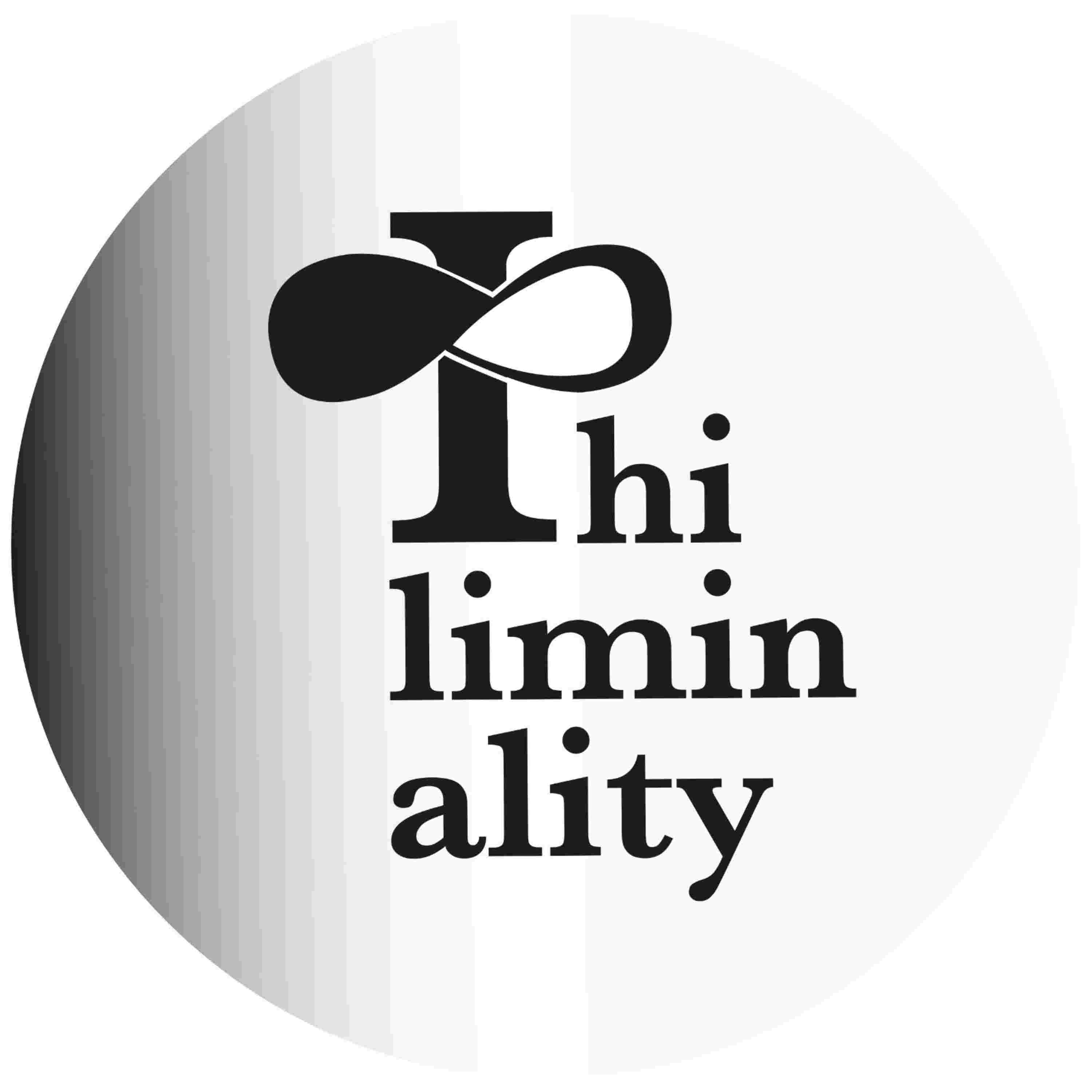

As initially planned in the series of articles I dedicated to the Hatata (HZY and HWH) in 2013, I would like to examine the roles that these texts have played in the birth of the philosophical discipline, as an academic milieu and an intellectual trend, in Africa and then in the diasporas and black communities worldwide. From the early enthusiasm largely supported by Claude Sumner, who co-founded the philosophy department at AAU, to the current debates, how had those texts been received by African and Western scholars? What does this tell us about the possible tensions between the need to legitimise an 'African thought' and the Western quasi-hegemony on philosophical legitimacy until the second half of the 20th c.? Are the dimensions of the hatata(s) in Ethiopia (and to whom in Ethiopia?) and elsewhere in Africa similar? Could a comparison with the situation of Asian philosophical traditions, rooted in a textual tradition, be useful for understanding the crystallisation that took place around the Hatata? Isn't this call for writing to legitimise African cultures (as was the case with the Charter of the Mandé) a response to a Western model from which it would then be necessary to break away in order to really move towards a decolonisation of minds, or at the very least, which should be recognised as such in order to better understand the effects of intellectual globalisation and the possible mechanisms of domination? All these questions give the directions towards which I would like to orient my analysis in anticipation of the May 2022 conference.